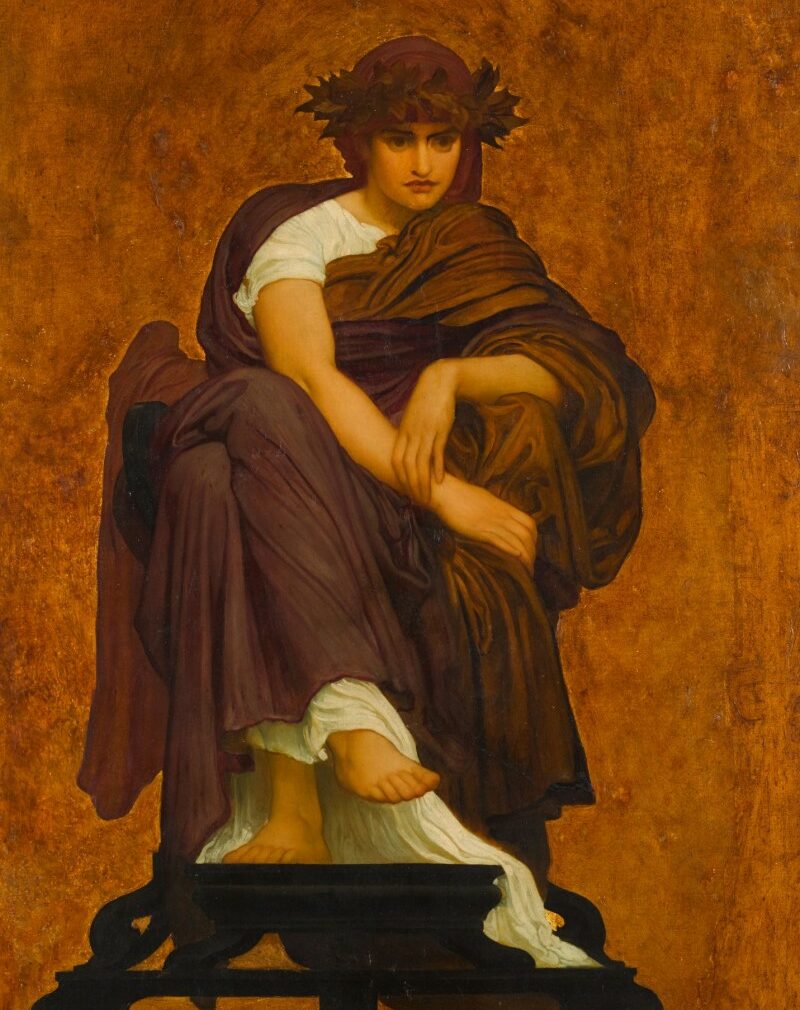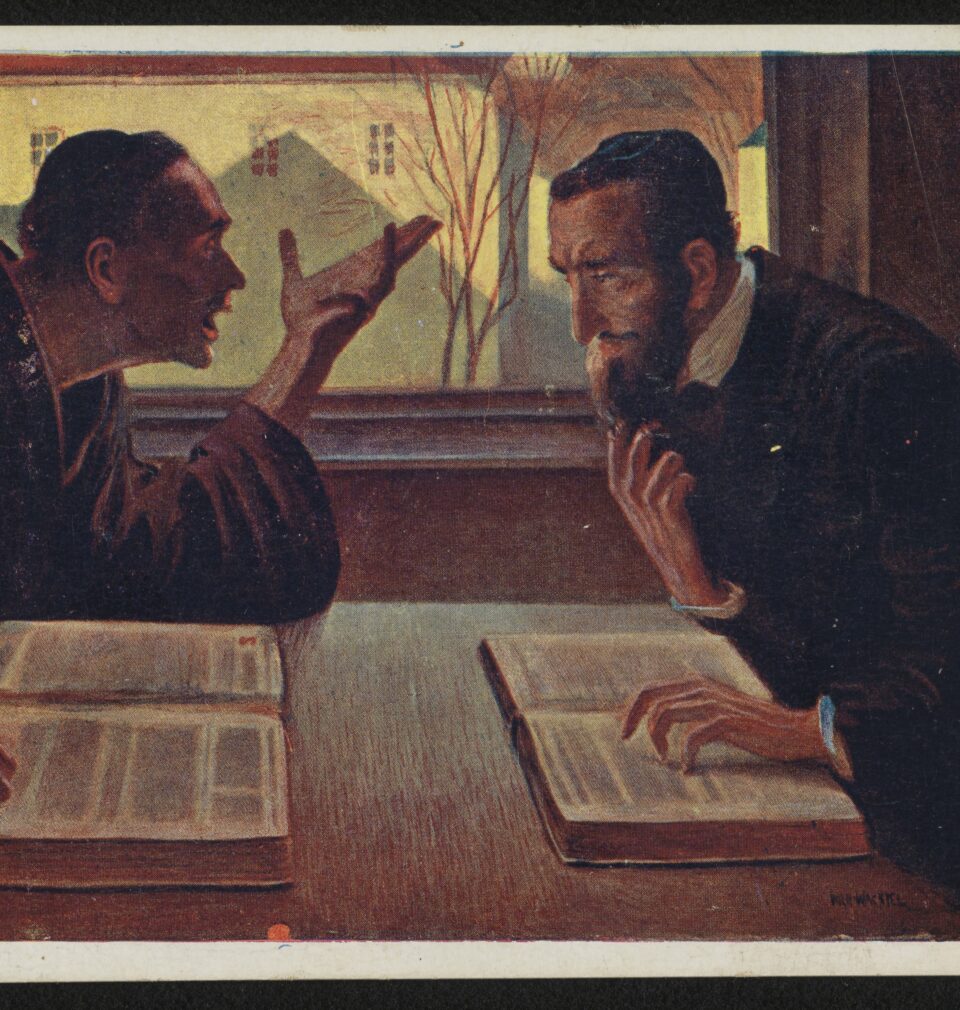
Conflicts of Memory
The Necessity to Forget, or How to Cope Ars Oblivionis
Publication: 26 October 2021
TAGS FOR THE ARTICLE
TO THE LIST OF ARTICLESForgetting, similarly as remembering, may be effective or even useful, yet only over a limited period of time. This requires constant redefining and searching for the optimum space of functioning in order not to become an imperative of ideological thinking, but only to have a temporary influence on the positive identification of a community with its past.
The conflicts of memory are engrained in the processes of collective remembering / forgetting. This is all because of the identity-creating role played by collective memory. From the biological point of view, collective memory does not exist. For each social group, however, defining itself as we, a canon of references to the past is needed to create their own coherence rooted in the past and directed towards the future. This serves the consolidation of the group in the present and proves the rationale of its future existence. In this phenomenon, there would not be any grounds for conflicts if it were not for the fact that the social world consists of numerous “we’s” (a family, to start with), whose interests complement, exclude and compete with each other. If we treat collective memory – as opposed to biological, natural functions of the brain – as a process of social construction in which symbolic violence (Pierre Bourdieu), and appropriation of symbolic space occurs etc., this generate conflicts.
We have managed to get used to the “external” dimension of conflicts of memory. From the perspective of the recent history of Central Europe, after 1989, such conflicts permanently accompany neighbourhood relations, to begin with a mutual appropriation of a cultural heritage in the border areas of nation states, and to end with interpretations of political memory and the competition of “historic truths”. Often these conflicts are results of internal disputes over memory. Negotiating memory within someone’s “own” group sometimes takes a much more dramatic expression, to become, in extreme cases (Yugoslavia), one of the impulses of an open, fratricidal struggle.
The order to forget
We frequently neglect the fact that both remembering and denial / forgetting are not the reverse sides of memory, but its immanent fragments. In the process of negotiating “common” memory all these three elements play an equally important role. The order to forget sounds unlikely here. But yet… As collective memory is constructed for the purposes of the temporary (and future) needs of a community and its dominating political groups, collective denial of things from memory and then forgetting them is quite possible.
The ancient Athenians knew about this. Whilst Mnemosyne was the goddess of remembering, Lethe became the patron of forgetting. The fact that in Hades she was, at the same time, a river or water, was elaborated on centuries later by Carl Gustav Jung and Umberto Eco! This was about the metaphor of flow between remembering and forgetting. The processes of forgetting are lethe-techniques or ars oblivionis. Insofar as remembering was creative for the Athenians, giving them some sense to the tradition, forgetting was painful in an individual dimension. This was referred to most emphatically by Homer in the Odyssey. The Greeks (except for the Orphics) did not believe in the life of the soul after death in a Judaeo-Christian sense. At one of the stages of the journey, Odysseus descends to Hades. There, among others, he meets the shadow of Achilles, who left behind the fame of being the greatest warrior in Hellas. In Hades, however, Achilles suffered. He did not feel anything of what people on earth remembered. Homer introduces us to the paradox of not only ancient memory. On the one hand, the Greeks ascribed great importance to the heroic deed and heroic death at a young age, as, according to their beliefs, only then, could they live after death, i.e. could be remembered. On the other hand, this was only the memory of the external world, of future posterities, which was not sensed by a soul staying in Hades.
The cult of heroes for the purpose of solidifying a community belonged to the most common public rituals. Remembering should be affirmative, because only such remembering done by means of perpetualising heroic deeds was supposed to mobilise a community. And just as the story of Simonides of Ceos (556–468 BC) about the lieux de mémoire (loci memoriae) after the disaster, described by Cicero and Quintilian, became the first record of mnemotechnics, the story of Phrynichus and Miletus constructs the foundation myth of collective denial of the past and forgetting. In 499–494 BC in Asia Minor, a so-called Ionian Revolt of Greek citizens broke out against Persian rule. In spite of the support of the native cities of Hellas, the uprising was crudely suppressed. First in 494 BC, the Persians defeated the Ionian fleet at Lade, and then, in order to mute the rebellious spirit, they levelled Miletus to the ground, slaughtering its inhabitants. The handful of survivors were brutally punished and turned into slaves. The news of the massacre, transmitted in the atmosphere of a rising threat by King Darius, aroused not only compassion for the victims, but also fear about the future. Within less than two years after these events, Phrynichus – one of the most important Greek tragedians, (6th/5th century BC), described these events in the play The Capture of Miletus. He was a contemporary of Aeschylus and set the path for the development of Greek theatre. Among others, quite opposite to the general convention, he devoted his plays not only to the subjects of sacrum, and their ties with humanity, but also to the problems rooted in his contemporary life and politics. The Capture of Miletus has not been preserved. We only know it existed from Herodotus’s The Histories (VI, 21). The play, describing first of all the tragedy of the inhabitants, was so convincing and moving for the audience that during the performance, viewers experienced great emotions. Remorse for failing to provide any assistance was raised. The Athenian authorities forbade staging the play for two reasons: out of fear of Persian intervention, but, even more, because that they were afraid of the impact of the negative emotions on the attitude of the inhabitants. As there was no preventive censorship, the author was restrictively punished with a fine of 1,000 drachmas. This is the first ever documented act of censorship sentencing to oblivion the story of past events by means of repressing them from public life (cultural memory). The effects of this prohibition are not known. One can only imagine that the next dramatic occurrences of the Greek-Persian wars supported the process of pushing the drama of the inhabitants of Miletus from functional memory to archiving memory.
Polyphony between remembering and forgetting
Christian Meyer in his brilliant essay, “Das Gebotzuvergessenund die Unabweisbarkeit des Erinnerns” (Munich 2010) recollects many other practices of forgetting in order to avoid the escalation of conflicts, from antiquity until the present. The strategy of settling down with the past of “the Western world” was dictated after the Second World War by the victorious world powers. “The memory of the ferocious struggles should be effaced by eternal forgetfulness” so that peace could be established. The same formula, uttered by Cicero after the murder of Caesar was quoted almost 2,000 years later in Zurich by Winston Churchill (1946) in his fundamental speech proclaiming the need for European unity. The basis for it was supposed to be “the blessed act of oblivion”, i.e. an amnesty of remembering of German crimes in the name of peace and for the benefit of future Europe. Anna Wolff-Powęska, analysing various psychological variants of German overcoming the collective depression “after the disaster” (Friedrich Meinecke), seems to agree with the thesis of the eminent German intellectual Jörn Rüsen (A. Wolff-Powęska, Pamięć – brzemię i uwolnienie [Memory – a burden and release]). In an individual dimension, the awareness of the defeat and the atmosphere after 1945 made it impossible to include the acknowledgement of entanglement and guilt for a part of the history of one’s own life into memory. There was no internal freedom to undertake self-critical effort. In an individual dimension this was not as much the “inability of the Germans to mourn”, as the limited possibilities of psychological survival facing the collective breakdown of identity. In a social dimension, two different strategies of getting out of the situation were applied. In the GDR a paradigm of “good Germans” – anti-fascists – was coined and in this way, thanks to a very apt propaganda machine, the problem was removed from the public debate. The policy applied in the FRG consisted of denial and “memory exterritorialisation” as the inevitable price for effective democratisation. The disputes on this subject continue until today, yet the very fact of setting in motion a conscious state is unquestionable. The silence of the first years served the role – as Wolff-Powęska concluded – of a sanitary cord, and a “mental blockade” was also the effect of a psychologically complex situation.
The countries of the Central and Eastern Europe experienced an extreme version of collective forgetting with the purpose of the legitimisation of the communist system. After 1989 the process of bringing back the “forgotten facts” and “blank spots” to cultural memory began. Today, after almost a quarter of a century after the fall of communism, we have learned that also the West, in spite of the unbroken existence of a pluralist platform of negotiating memory, needs to raise its own curtain covering the scene of denied and uncomfortable events. Forgetting, similarly as remembering, may be effective or even useful, yet only over a limited period of time. This requires constant redefining and searching for the optimum space of functioning in order not to become an imperative of ideological thinking, but only to have a temporary influence on the positive identification of a community with its past.
The Greeks, although they searched for lethe, were even more sceptical about forgetting. Simonides tells a story about the victorious leader of a battle at Salamis (480 BC), Themistocles (524–459). Simonides once asked him to be taught the art of remembering. Themistocles refused, but instead asked to be taught the art of forgetting what he did not want to remember. His personality was burdened with an exceptional ability to remember everything that he ever heard or saw. Simonides failed to find an appropriate didactic means to teach Themistocles the art of forgetting. In a social dimension, ars oblivionis is necessary to find some balance between extremes. Its excessive permanence may, however, be transferred into a nightmare of fratricidal struggle.
It is generally believed that memory and the continual retrieval of images of the past bear responsibility for the last tragedy in the former Yugoslavia. But perhaps directed forgetfulness is more to blame? The entire decades of lying to memory, attempts to efface it by an imposed ideology of fraternity, pushing it into the sphere of a dark taboo. If for these years memory had been coped with and released, even if this meant to conflict people, it perhaps would not have returned in such a violent and destructive manner in its repressed power? Such artificial tabooing and then the opportunistic un-tabooing also took place in democratic societies.
A “good”, yet denied, memory must be looked for. This especially concerns collective remembering of neighbouring countries and nations whose territories made up for centuries of overlapping hybrid structures. This does not mean that “bad” occurrences must be forgotten “once and for all”. There is no “permanent memory”. Memory (remembering and forgetting) is constructed consciously by means of various forms of political culture: historical policy, grassroots creation of the presentations of the past in the presence. And paradoxically this is a positive phenomenon as it gives hope that a polyphony of various types of memory, being a niche phenomenon today, as well as a conscious balance between remembering and forgetting may create a dominating narrative in Europe. Perhaps this will bring a practical and positive popularisation of ars oblivionis (and ars memoriae), the thing that Simonides could not cope with in the individual dimension.
Translated from the Polish by Katarzyna Spiechlanin
Copyright © Herito 2020


